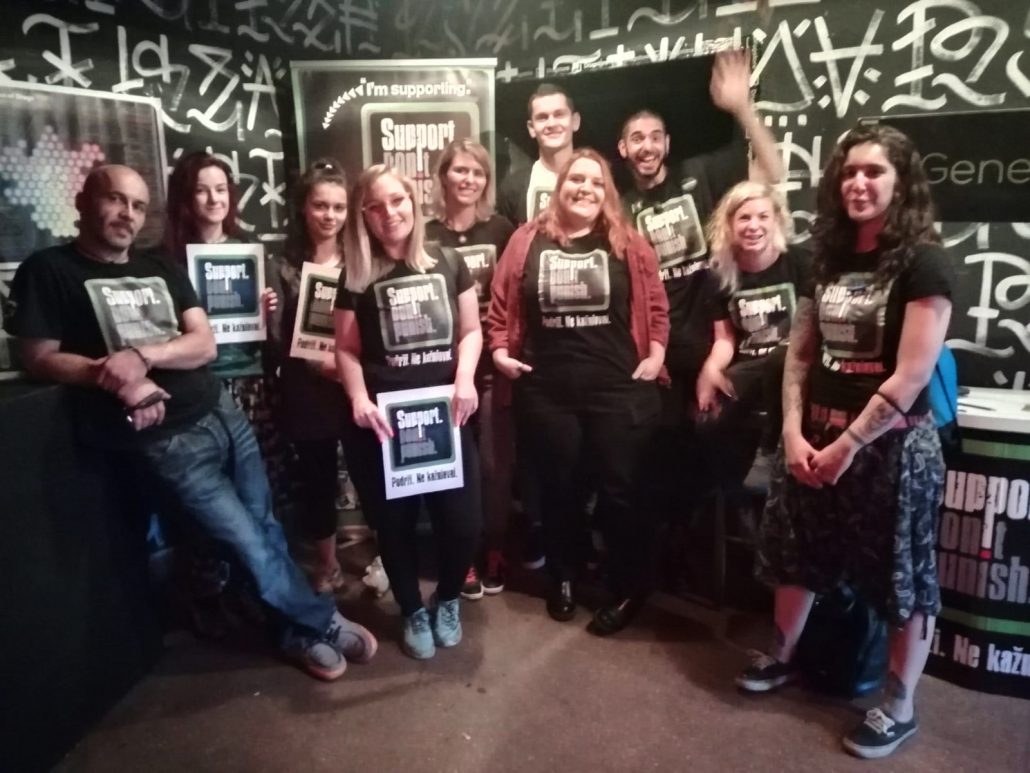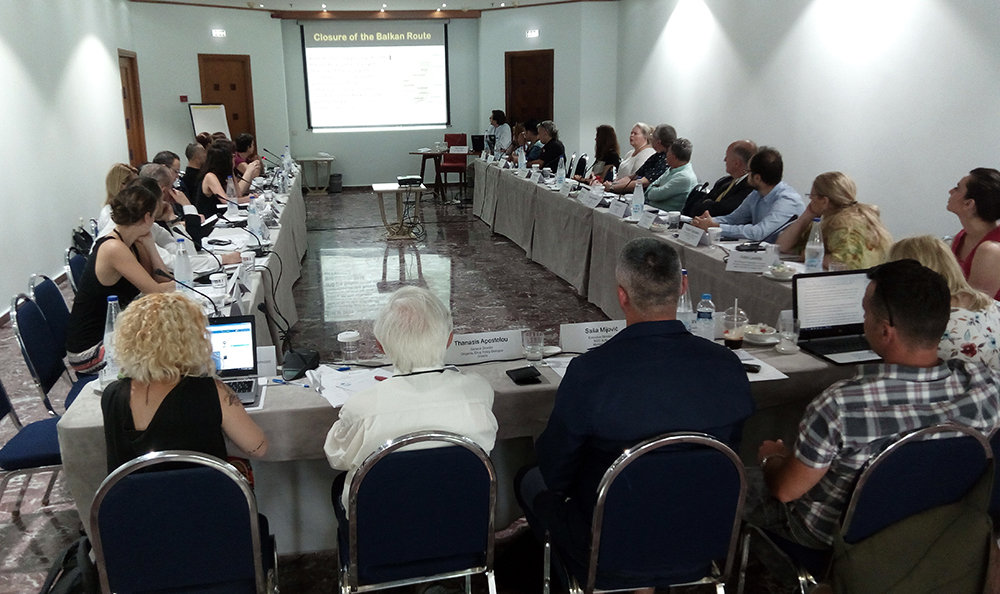Club health Amsterdam 2019 is the 11th international conference on nightlife, substance use and related health issues, to be held in Amsterdam, 15 – 17 May 2019.
The event marks 20 years of international club health conferences. The 1st International Conference on Nightlife, Substance Use and Related Health Issues was held in Amsterdam in 1999. Club Health conferences have since been held bi-annually in Australia, North America and throughout Europe. The 11th International Conference on Nightlife, Substance Use and Related Health Issues returns to Amsterdam in May 2019. By hosting Club Health Amsterdam 2019, the partners which organise it Jellinek, GGD Amsterdam and the City of Amsterdam want to demonstrate how partnerships and cooperation between stakeholders can be both productive and rewarding.
 The objectives of Club Health Amsterdam 2019 include:
The objectives of Club Health Amsterdam 2019 include:
- To develop understanding of the impacts of nightlife activity and the necessity for creating and maintaining safe and healthy nightlife environments
- To facilitate the implementation of effective, evidence-based policies, interventions and approaches in nightlife environments that can reduce potential harms
- To improve knowledge and expertise about how nightlife environments and settings can be developed, managed and sustained effectively
- To promote multi-agency partnerships and networks at local, national, European and international levels
Club Health brings together experts and stakeholders from a wide range of fields to present, meet and exchange experiences, evidence and views on the latest research, policy and practice relating to protecting and promoting health in urban night-time settings. Previous conferences have developed and/or enhanced a powerful inter-disciplinary international network of academics and practitioners, resulting in European and international research and practice collaborations.
Club Health Amsterdam 2019 will be relevant and of interest to municipal and state policy makers, public health planners, medical and nursing practitioners, drug and alcohol service providers, criminologists, local authorities, transport sector and government agencies, representatives of the various nightlife industries and citizens and customers using or affected by the night-time economy.
 To get more information about the Conference, follow this link>>>
To get more information about the Conference, follow this link>>>







